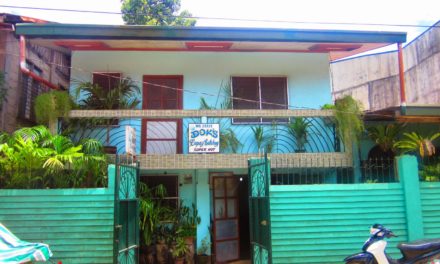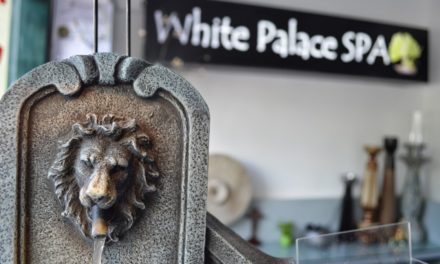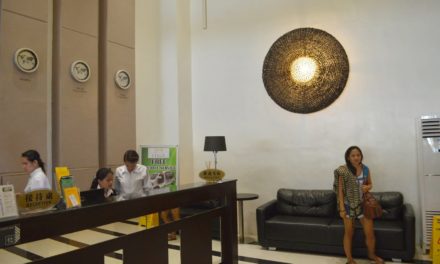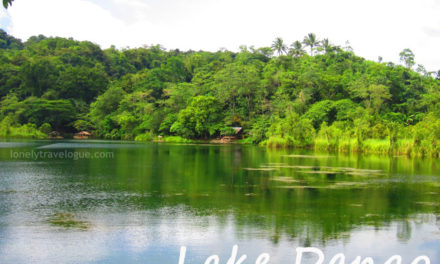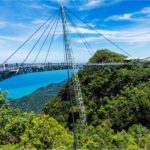It’s about dusk when we were asked to kneel and say a little wish to our baby pawikan before releasing them into the sea. I closed my eyes for a moment not knowing what wish I will say. I didn’t want to say a self-serving wish because I believe the ritual that we were making has a power vital to each baby pawikan’s lives. I closed my eyes anyway and decided to say a little prayer instead. I uttered the most practical prayer – that he survive this harsh world of ours and he may find his rightful place here on earth.
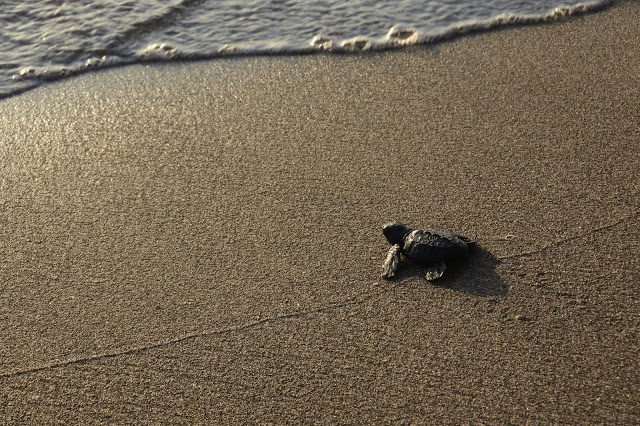
The invitation to join our company’s Pawikan Release was a New Year’s gift to me, you may decide whether it a gift of travel or gift to be a part of the advocacy to promote the preservation of these endangered species. I think of the latter mostly because for the longest time, I am crying for this opportunity and I thank God that my company has this program for its employees.
We arrived in Pawikan Conservation Center in Morong, Bataan just in time to have all this funny and energetic orientation and briefing. During the briefing, we were instructed how we should handle the baby pawikan before releasing them to the sea. Sir Rhone, the head coordinator for Pawikan Release asked us to think of a name for our baby pawikan. The simple release of this creature was made more meaningful when I was thinking of a name. The process of thinking of a name made me more attached to my soon to be baby pawikan.
Why Save and How to Save the Pawikans Most of the seven species of Pawikan or sea turtles are critically endangered. The most common marine turtle in the Philippines, Olive Ridley is vulnerable has a decreasing population according to International Union for Conservation of Nature and Natural Resources. It is very important for us to protect pawikans because it plays a vital role in our eco-system. To make it simple, pawikans helps our sea to be healthy. Healthy waters mean more fish thus more catch for human consumption. One fun fact about the pawikans is that they eat jellyfish which makes our beach safe.
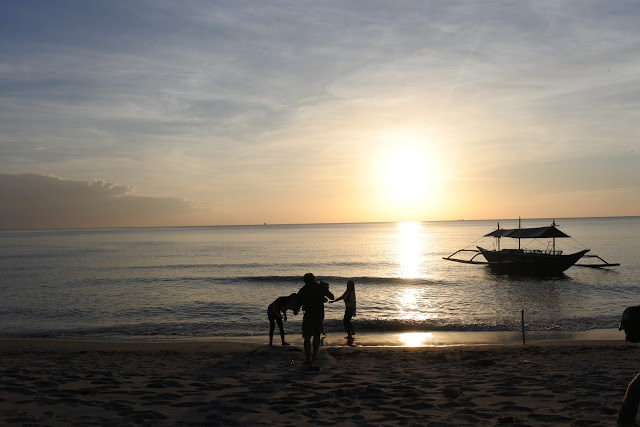
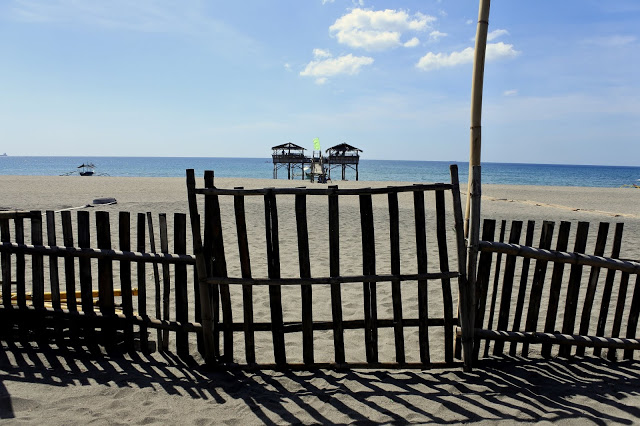
Ka Manolo Ebias, the head of Pawikan Conservation Center, encouraged us to protect the pawikan which is now endangered because of massive human activity throughout the world especially on the coastal area where pawikans usually hatch their eggs. To advance this advocacy, he encouraged us to stop buying pawikan products such as their meat, leather good and their eggs. In some countries, turtles are a delicacy. We should also, report egg poaching activities. This is very common especially in rural and coastal area because of the high price of pawikan eggs. The most common way to help preserve these cute endangered species is to stop or at least avoid using plastic. Pawikan in the open sea often mistaken plastic for food thus it will cause them their death. Since last year, I commit to not use plastic straw to reduce my impact on our environment. And the last way to promote this advocacy is to share the state and ways to preserve the pawikans in social media and within your network.
The Ritual of the Release The released should be done before sunset to avoid or at least minimize the threats these baby pawikan’s will face once they are released. Each of them, as I look at them are very fragile but they all showed agility and courage the moment they face the sea. After the deciding short team building activity which my team won, we were asked to proceed to the beach to begin the pawikan release. Up to this point, I do not know what will be the name of my baby pawikan. I was struggling to think of a name, not because of lack of creativeness, but because I was afraid that the name I will give might dictate the fate of my baby pawikan.
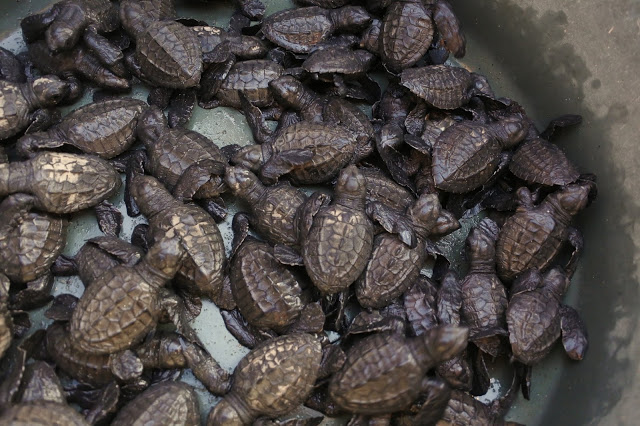
We lined up vertically along the beach, Sir Rhone asked us if we already have a name, at this time I still don’t have a name, and told us to say a little wish as we released our baby pawikan. When I kneeled in front of the sea, I saw the horizon playing with the sun he sets in front of us. The sea was giving us a treat while it sparks as the ray of the setting sun was touching the water. I named my baby pawikan “Takipsilim” because the moment he touches the sea and greets the world he will soon deal with for the next 25 to 35 years was during sunset.
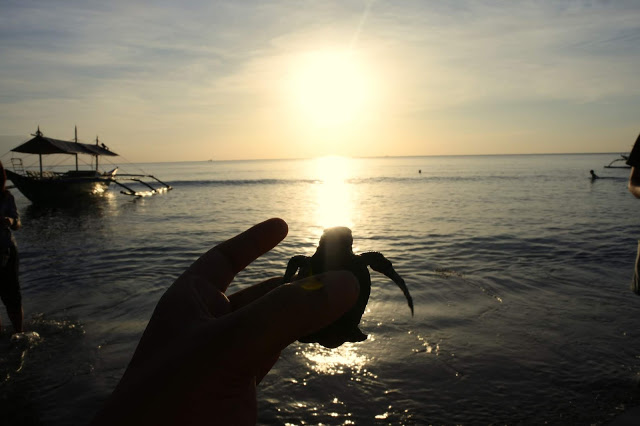
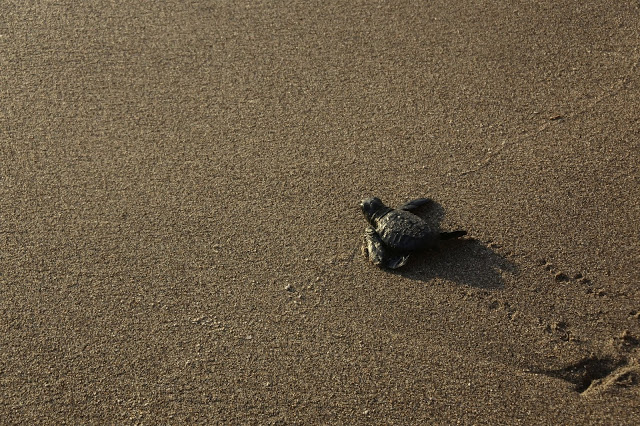
I closed my eyes and felt the waves on my knees as if the sea was excited to meet its new tenant. I said a little prayer, that the sea would be good for Takipsilim. I know in my heart that Takipsilim has a slim chance of making it back to shore after 25 years, but I was glad enough that he was given the chance and hope to make it to our world.
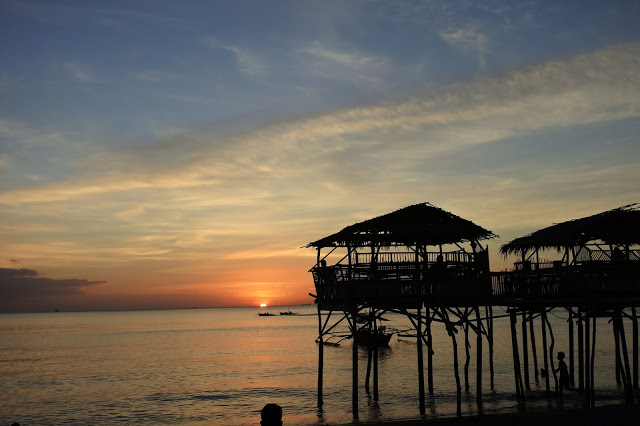
With this, I felt the hope and love on earth. The ritual was very refreshing and I felt all the positivity flowing among the volunteers. All were hopeful and very happy. To kid aside, some of them released all the aches in their lives – love, work, friends and grief. When you thought you are giving something to nature, you are actually allowing yourself to receive all the goodness and love of the world. P.S. To add to the blessings I enumerated below, this trip allowed me to create memories with the people I usually work with. I never thought that Renz is very caring aside from being a bully. Sarry, I thought she is a shy girl, her confidence will bring her to her dreams, whatever those are. Eya is a very strong woman but still very sweet and this trip reassured me that Roselle is a very responsible and industrious individual. This event allowed us to meet new friend – Kevin 🙂

